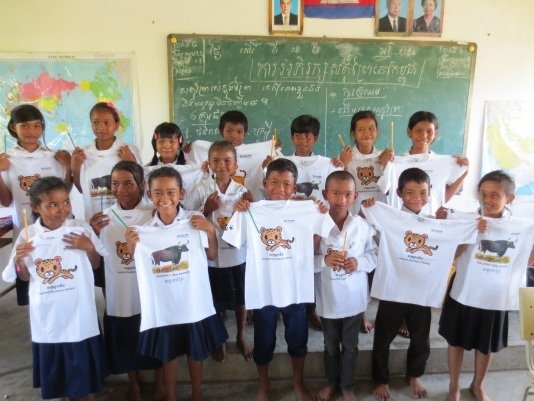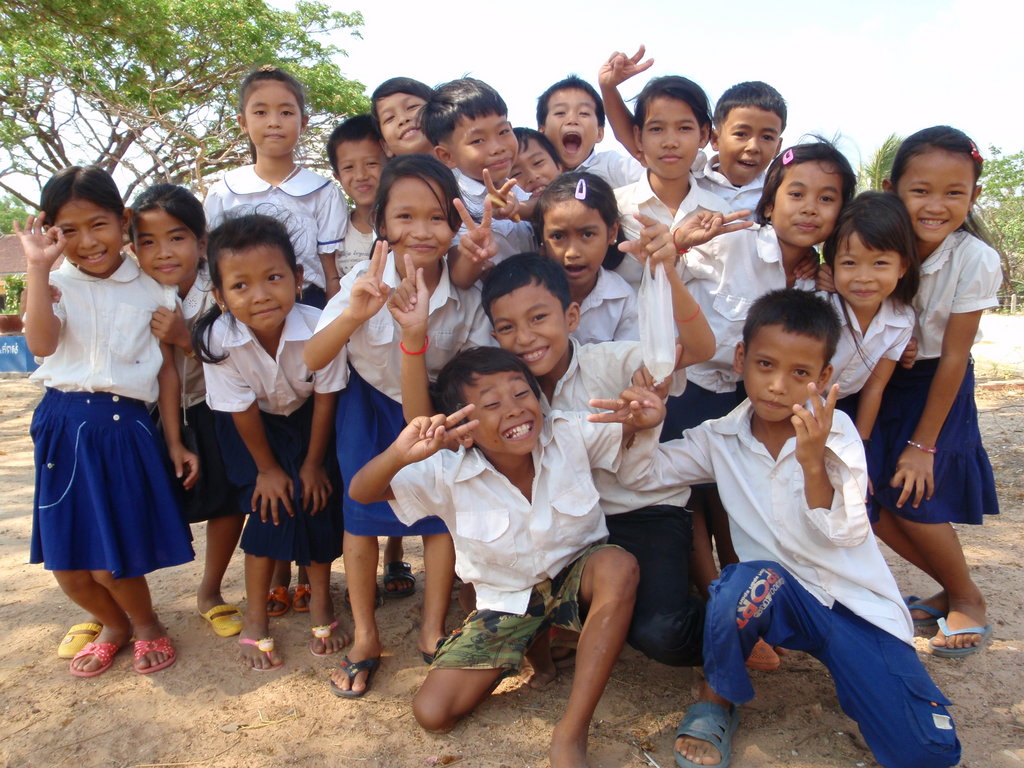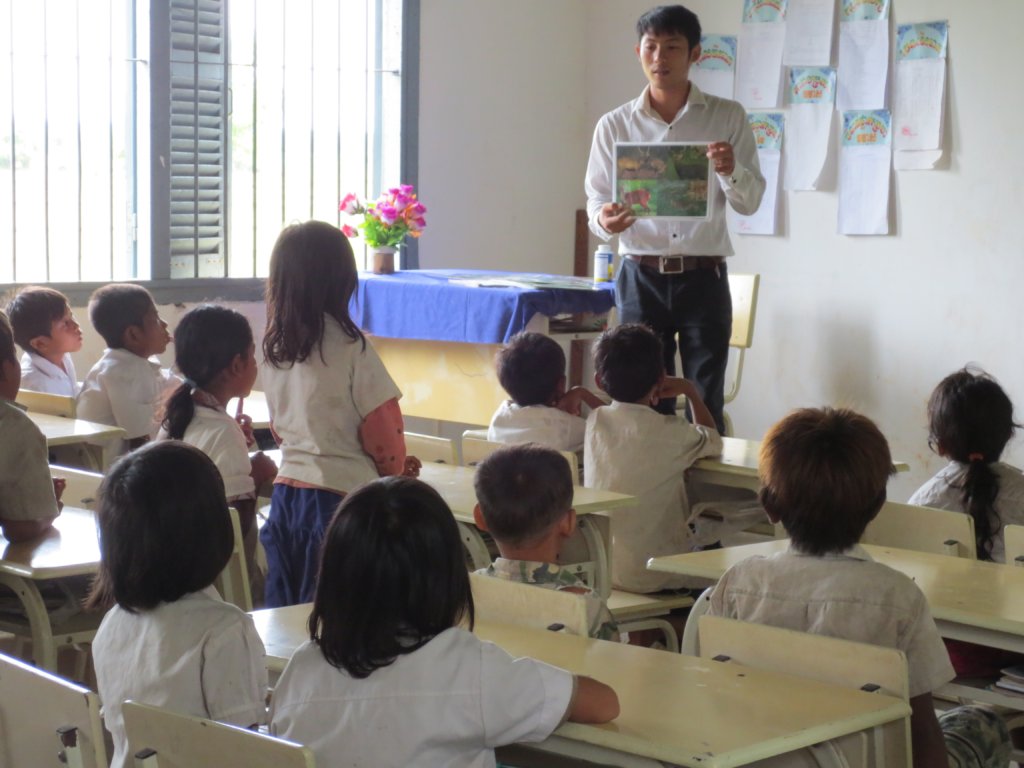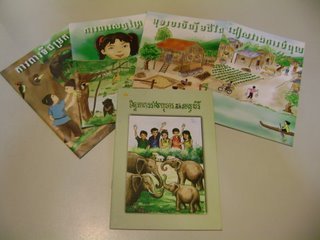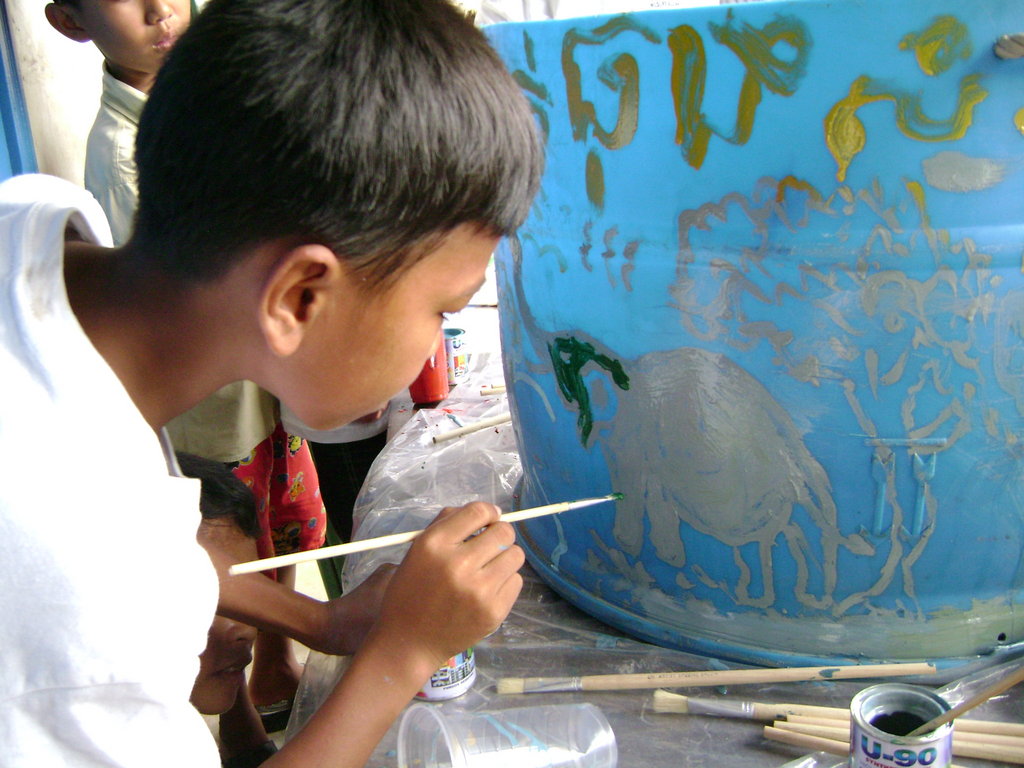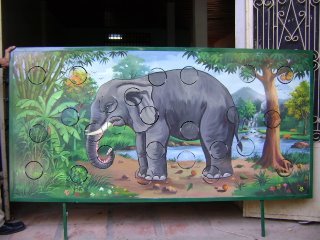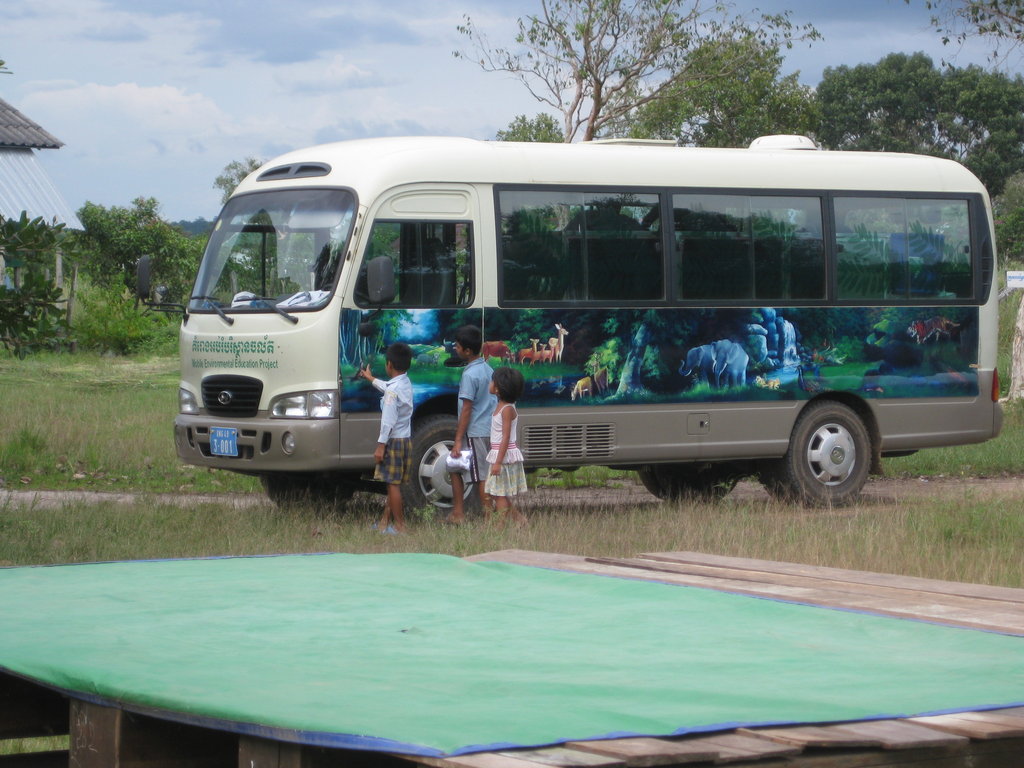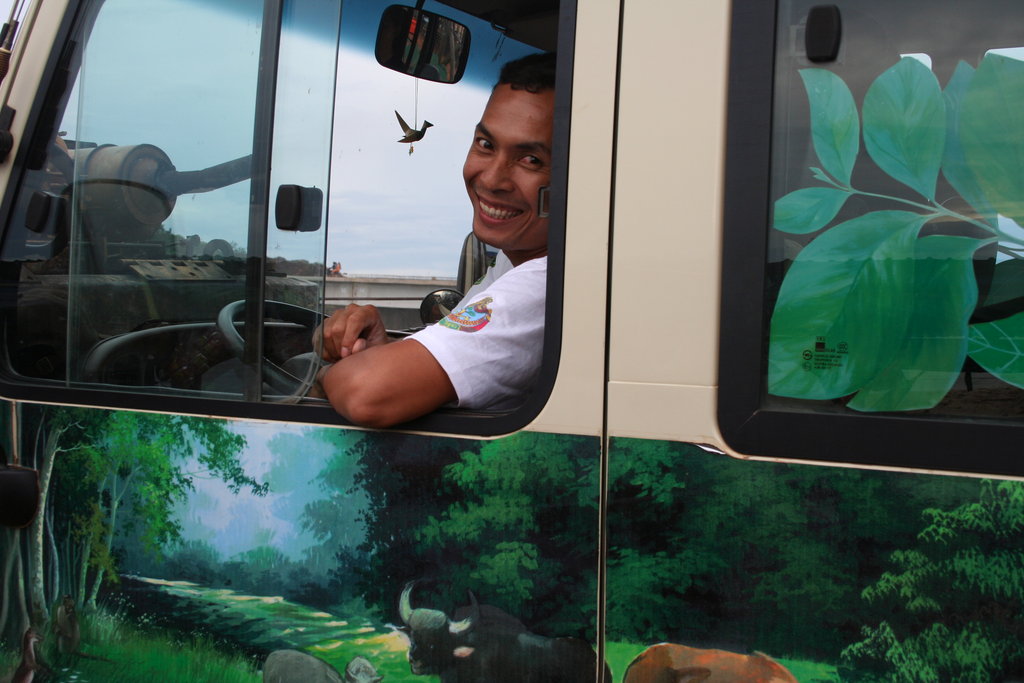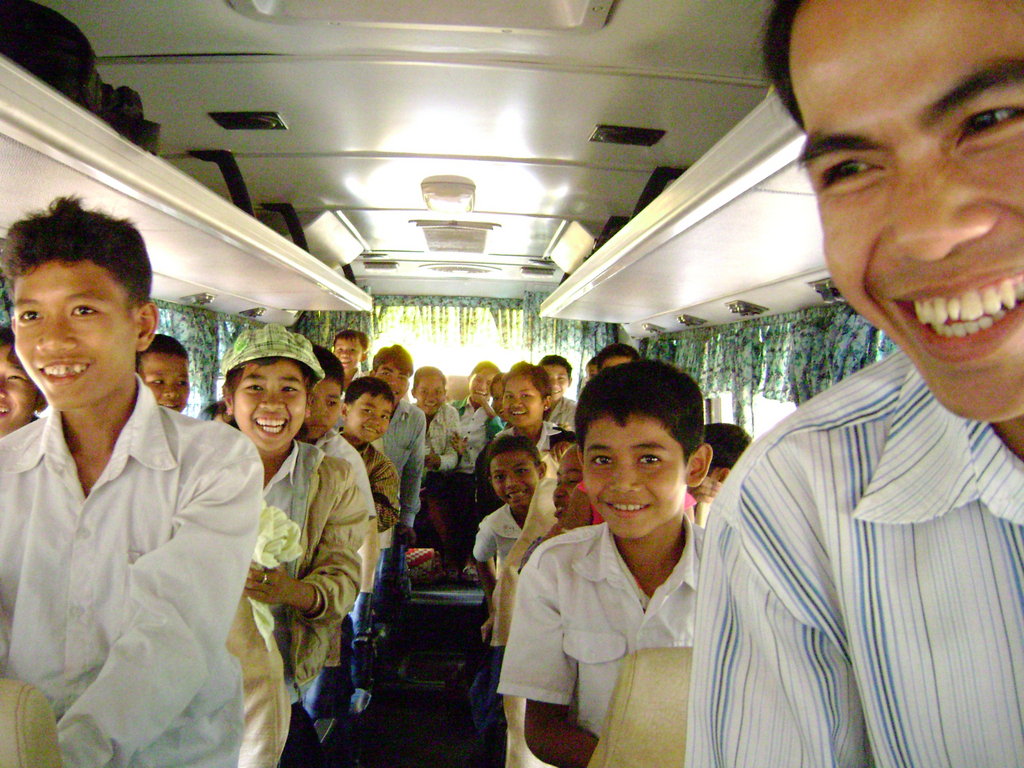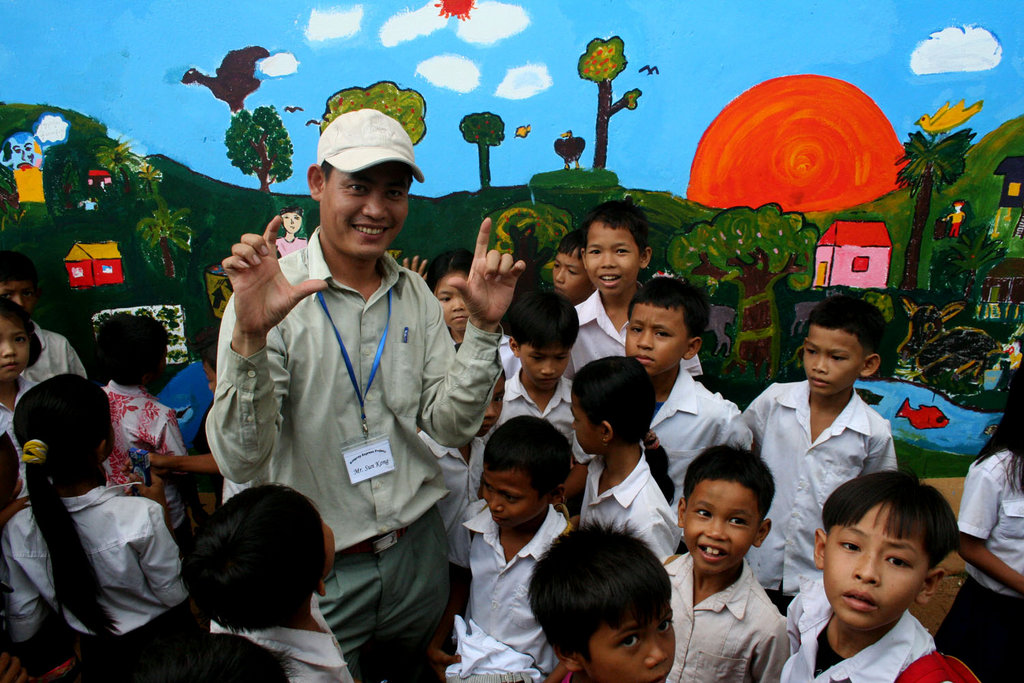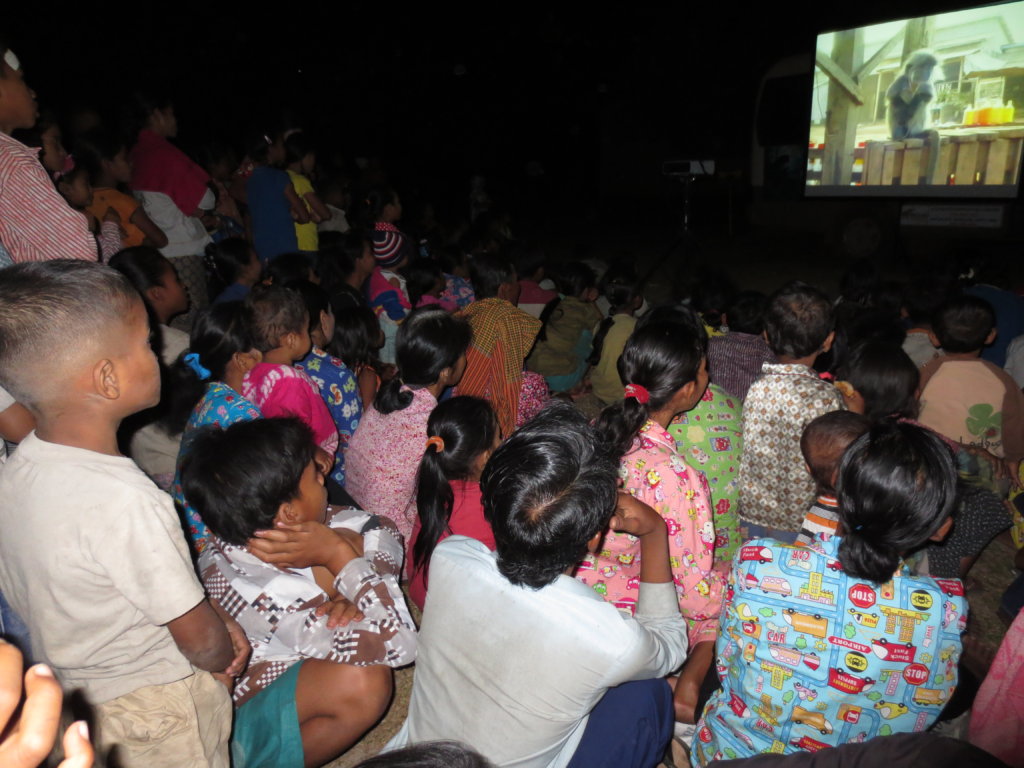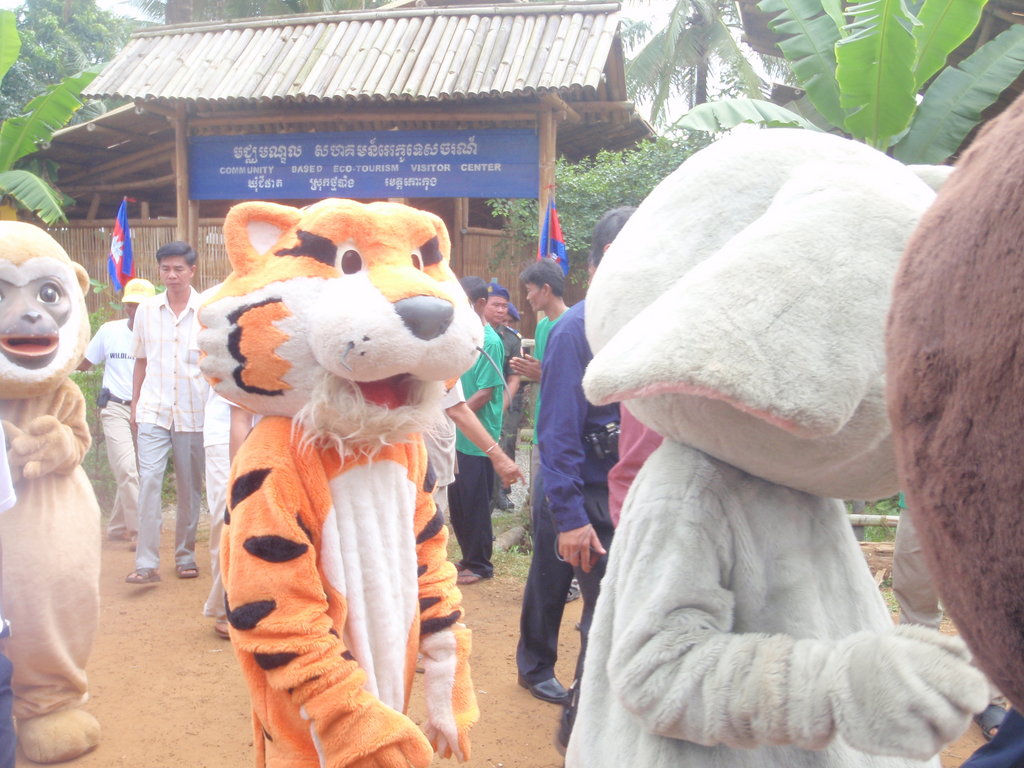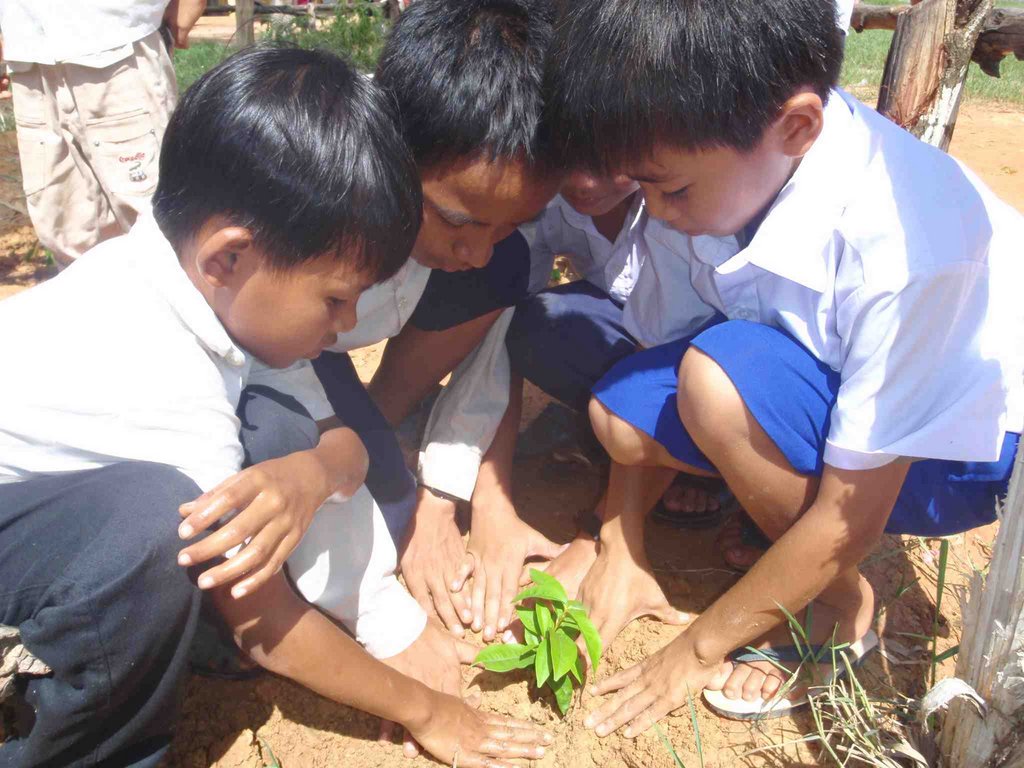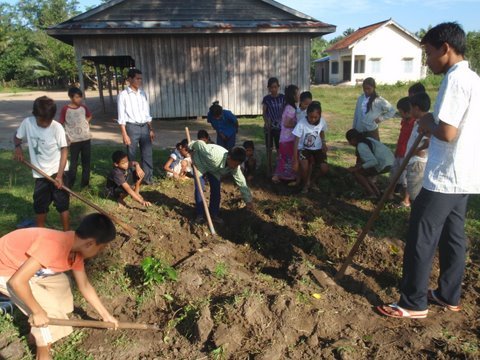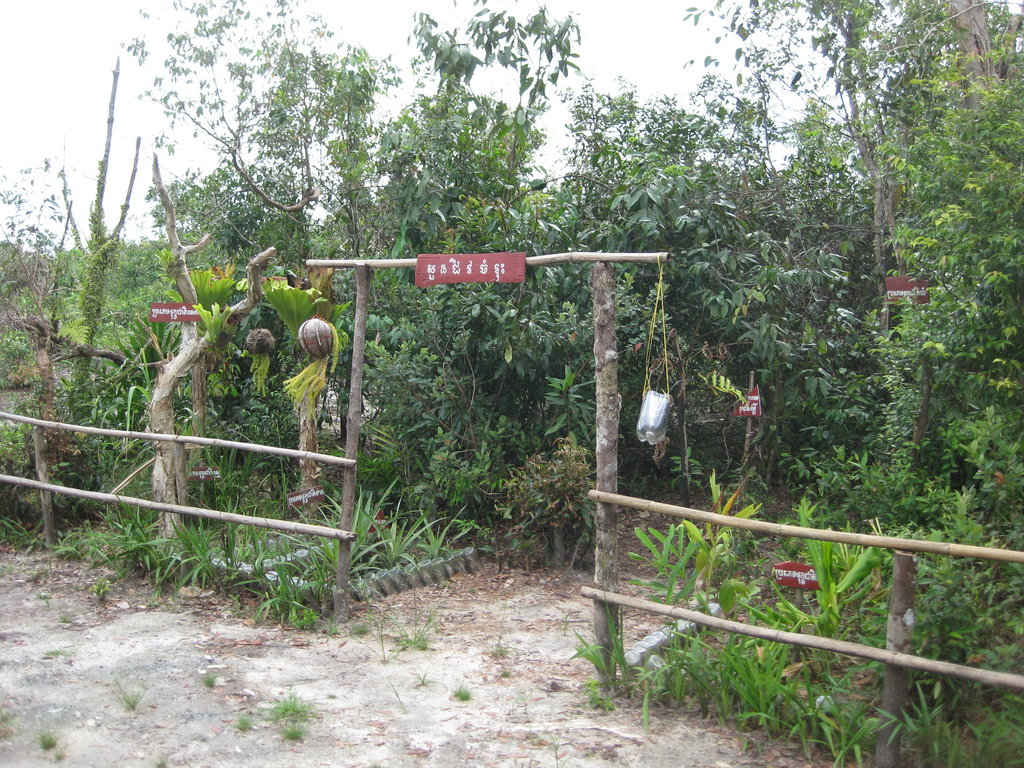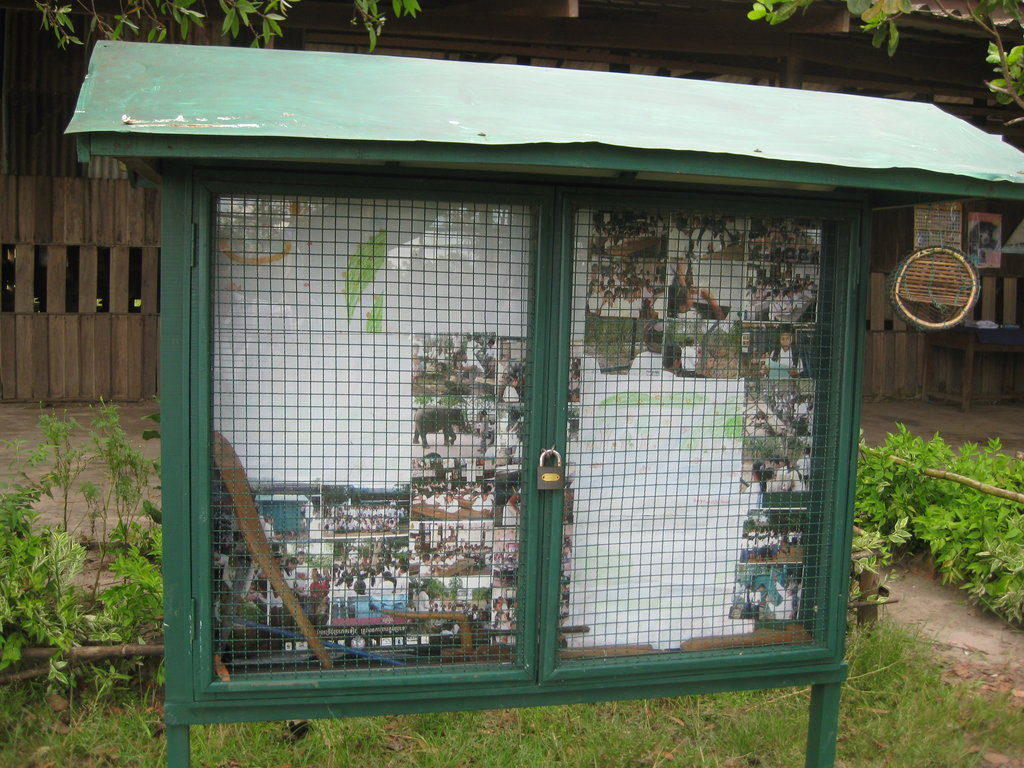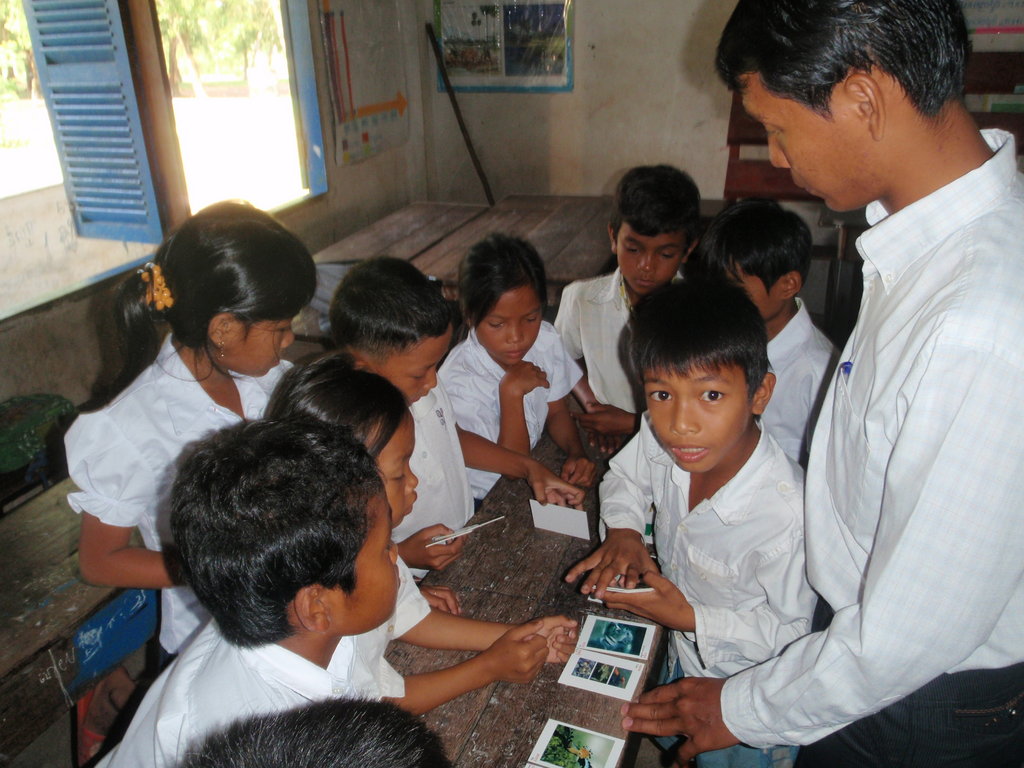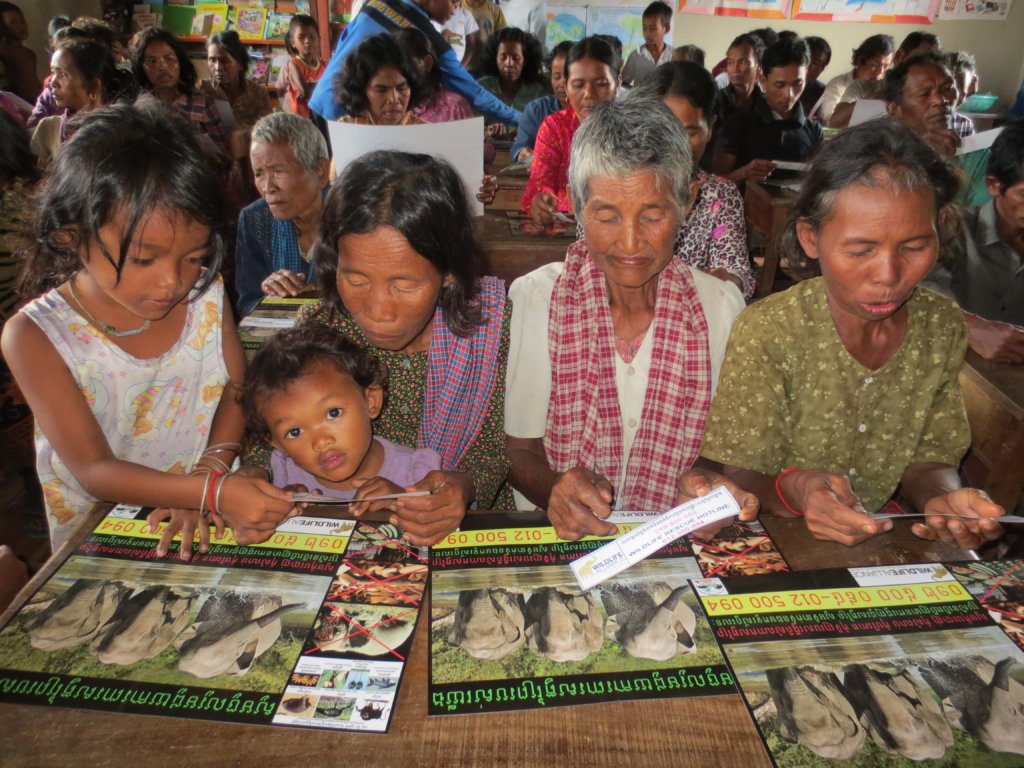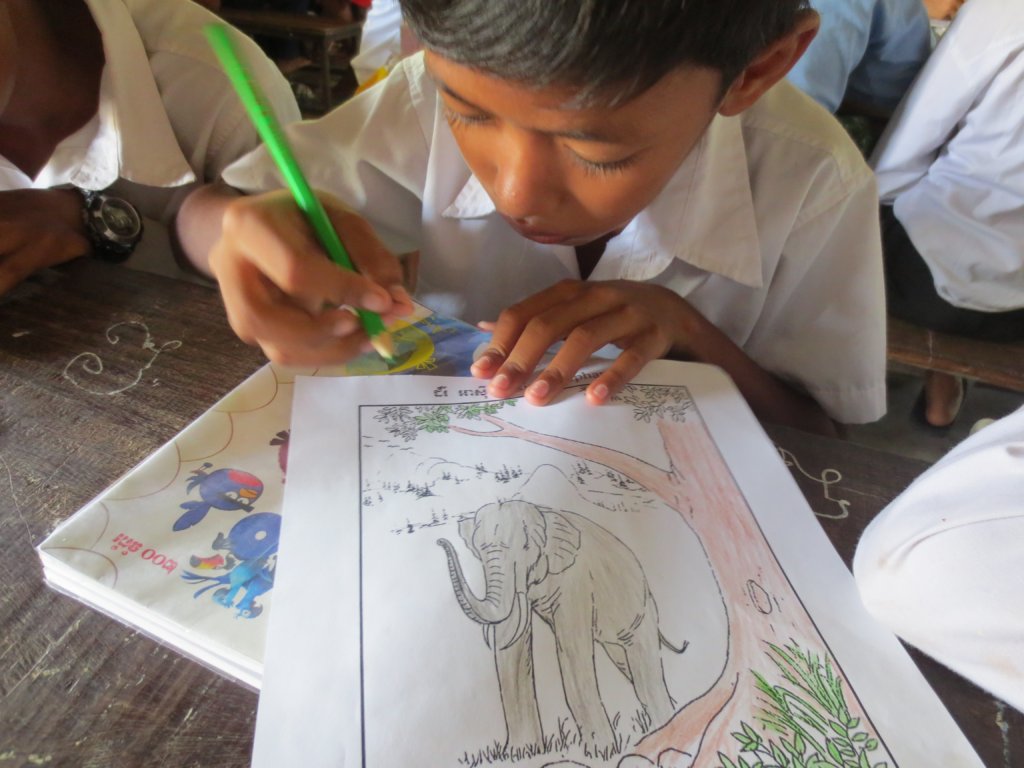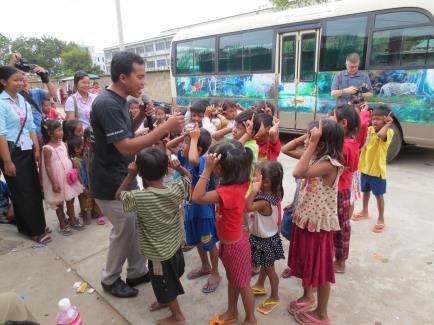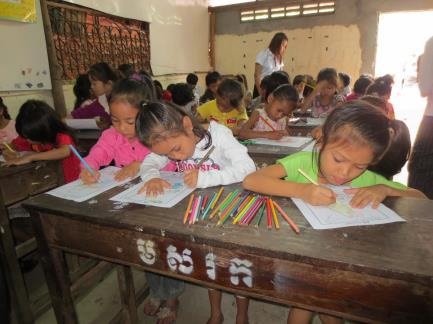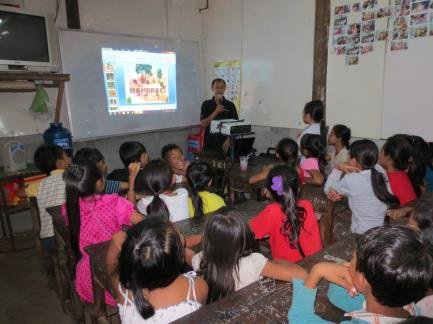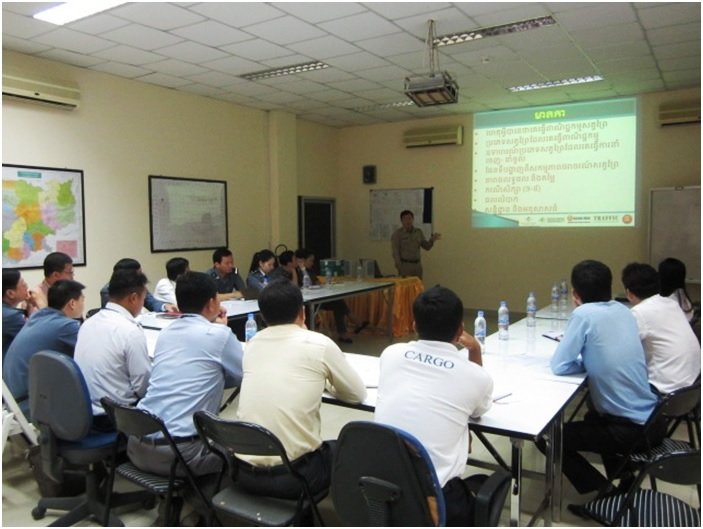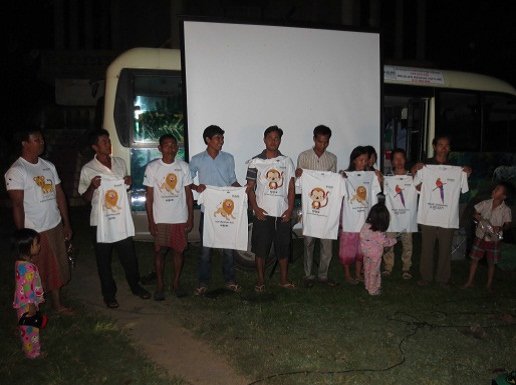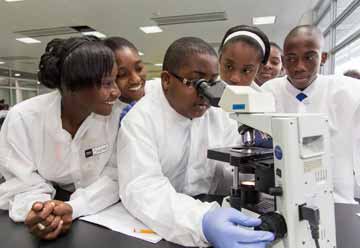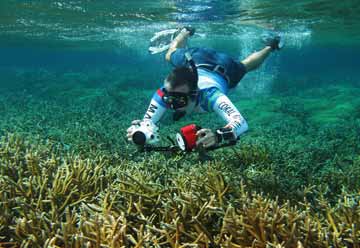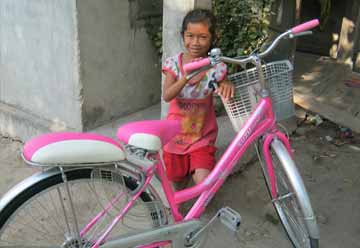Recently, the Wildlife Rapid Rescue Team (WRRT) teamed up with the Kouprey Express Mobile Environmental Education Unit to provide training to staff employed at the Phnom Penh and Siem Reap International Airports. The purpose of this training was to improve the awareness of airport staff on the proper identification of wildlife as well as to help identify trafficking methods used by traders that transport wildlife through airfreight.
Wildlife trafficking through airports is part of much more organized and sophisticated networks of the trade. The supply chain for wildlife trafficking often begins with farmers and locals who supplement their low incomes with poaching. Some of the wildlife is then passed to middlemen who transport the animals to other middlemen with connections to major traffickers. It is then exported to these high level traders through airports and harbors. These smugglers go to great lengths to conceal the animals in ways that are often inhumane and detrimental to their health. Young leopards and bears have been found drugged and stuffed into canisters, snakes and other reptiles have been found packed into bags and socks. This multibillion dollar trade continues to thrive globally due to high profits at the top of the supply chain and minimal punishment against offenders.
The specialized training that WRRT can provide is essential, as trans-national wildlife trafficking is decimating wildlife populations throughout the world. Another harmful effect of this trade is the spread of diseases and introduction of invasive species, which could potentially devastate ecosystems and native populations.
By improving airport security and detection capabilities, Wildlife Alliance can prevent precious wildlife from leaving Cambodia, as well as continue to collect information on traffickers connected to international networks. This program is part of Kouprey Express’s airport awareness campaign, which also installed major billboard signage promoting an anti-wildlife trafficking message. Cambodia was the 2012 Chair of ASEAN-WEN (Association of Southeast Asian Nations – Wildlife Enforcement Network), and implementing this awareness program at Phnom Penh and Siem Reap International Airports shows the nations of Southeast Asia and the rest of the world that Cambodia is a leader in stopping the illegal wildlife trade.





